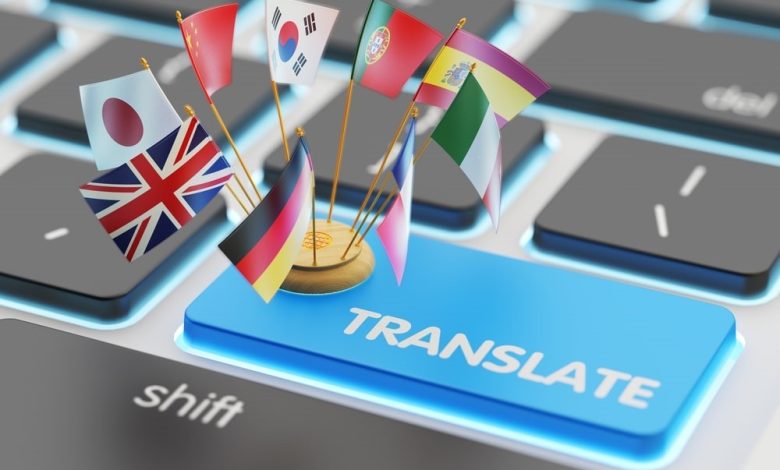Flat Rate Pricing Vs. Industry Specific Translations

Are you looking for good translation services? There are many to choose from. You can choose from flat rate pricing or industry-specific translations. Read on to learn about flat rate pricing and the different types of translations available. Depending on your needs, you can choose between various translations, including legal and medical documents. Flat rate pricing is the most affordable option for most translation projects, but there are other considerations to make as well.
Industry-specific translations
Generally speaking, industry-specific translations refer to professional translation services tailored to a particular industry’s needs. Because every industry is so unique, the terminology and concepts involved in a translation are often different than those of other industries. Therefore, choosing a translator with specific industry knowledge can help you ensure the highest quality translation possible. Here are some common examples of industries for which industry-specific translations may be necessary. Read on to learn more about the benefits of using industry-specific translations in your business.
The legal industry uses the word “accessory” to refer to a person or thing not present when a crime is committed. The word “accessory” in translations in this industry is different from the lingo used for other industries and is commonly misunderstood by translators outside the industry. In these cases, a translator with a legal background is essential for accurate translations. This type of translation can be difficult to source without an extensive understanding of the field.
Legal and medical translations
The best companies for medical and legal translations adhere to strict guidelines for accuracy. They comply with standards of clinical guidelines, ethical frameworks, research protocols, and cross-cultural considerations. They must also ensure a balance between cultural and linguistic accuracy and cost. Medical translations can cost thousands of dollars in legal and medical lawsuits, and a poor translation can put the client at risk. To avoid such pitfalls, choose a translation service that abides by ISO 9001 and allows third parties to audit their work.
In the medical industry, the highest quality of translations is crucial. Even a slight shift in meaning can cause harm to patients or throw a product out of compliance. Depending on the market or regulatory compliance, medical translations may require specific quality control procedures. Because medical companies need to serve an international audience, regulatory issues can be daunting. Finding a translation vendor that understands this can help you stay compliant and protect your patients. To learn more, read on:
Flat rate pricing
If you need a translation, you might wonder whether you should choose a flat rate or a per-word price. The latter is the better option for many reasons. The most important thing to consider is the type of translation you require. While translations vary in size and complexity, most can be completed within the agreed-upon time frame. However, flat rate pricing for translation services comes with several benefits.
First, you should ensure that your chosen vendor is transparent about its pricing structure. This is because they will be required to pay native language speakers. Sometimes, they will charge you less for their services if they have access to many native speakers. For example, most Chinese translators charge less than other languages. Depending on the nature of your work, it may be necessary to use several translation companies or freelancers to ensure the highest quality of service.








